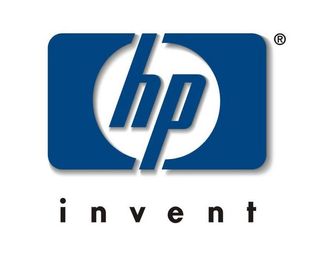HP gets extreme with storage
HP StorageWorks announces multi-petabyte system for Web 2.0 and other demanding businesses.

HP StorageWorks has today announced a new storage system for the most demanding businesses.
A single 9100 Extreme Data Storage System (ExDS9100) will scale to 820 terabytes, but by adding software or using open source tools, the system is scalable to multiple petabytes, the firm said.
The system is being targeted at Web 2.0 businesses, such as social networks, as well as digital media firms and large, demanding enterprises, such as oil and gas, research, security and medical imaging, Michael Callahan, chief technologist of HP's StorageWorks NAS division, told IT PRO.
"The data itself isn't extreme - it's often pictures of kittens and things," he explained. But storage solutions for such businesses need to be flexible, reliable and instantly scalable, he said. "A common theme is the increasing need for petabytes of storage, in an efficient package, [which is] cost efficient, easy to manage and scalable."
The network attached storage (NAS) system features a unique file system, which StorageWorks obtained in their acquisition of PolyServe last year, and runs on HP's blade servers. The system will let users put their own software directly onto the storage device, increasing response times.
A base system would feature three storage "blocks" running off of four blade servers. Each so-called block features 82 drives in seven rack unit space, all RAID 6 protected with dual controllers. Each disk holds a terabyte of space, so a basic system would offer 246 terabytes raw. It can scale to a total of 10 blocks and 16 blades. The virtualised blades can be added independent of more disks, boosting performance.
Previously, firms needing such tech would have to have a bespoke solution created. Callaghan said the ExDS9100 will be a complete solution, which can be quickly rolled out. It is currently in use by online photo business Snapfish - which HP owns - to manage five billion photos requiring some six petabytes of storage.
Get the ITPro. daily newsletter
Receive our latest news, industry updates, featured resources and more. Sign up today to receive our FREE report on AI cyber crime & security - newly updated for 2024.
The ExDS9100 will be available in the fourth quarter of this year, at a cost of under two dollars per gigabyte, Callahan said.




